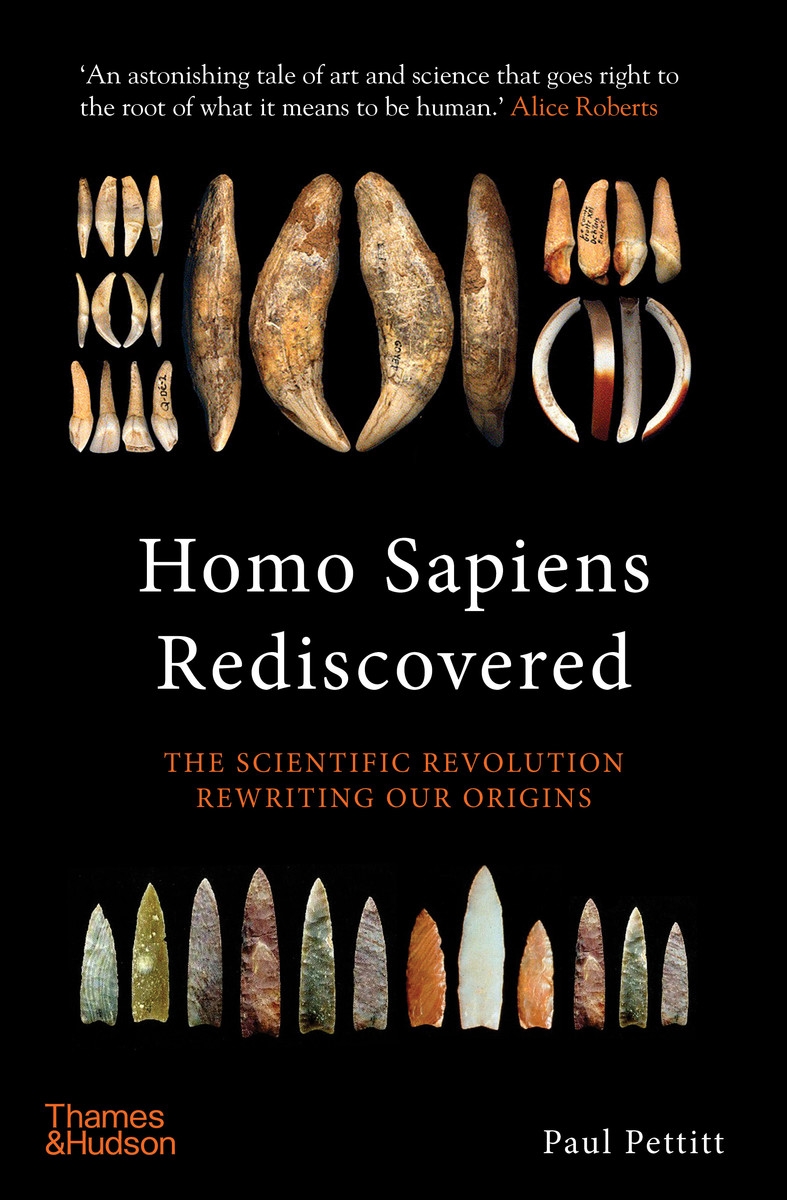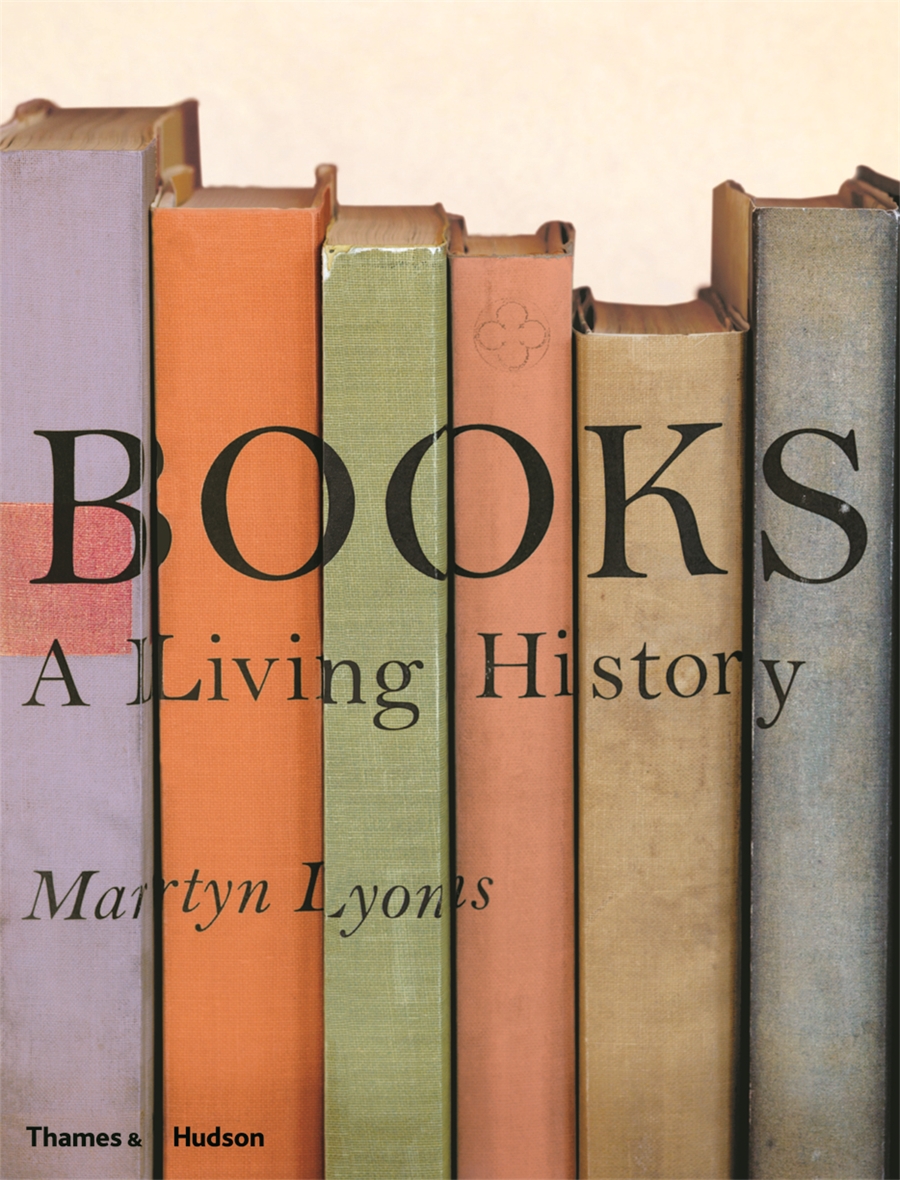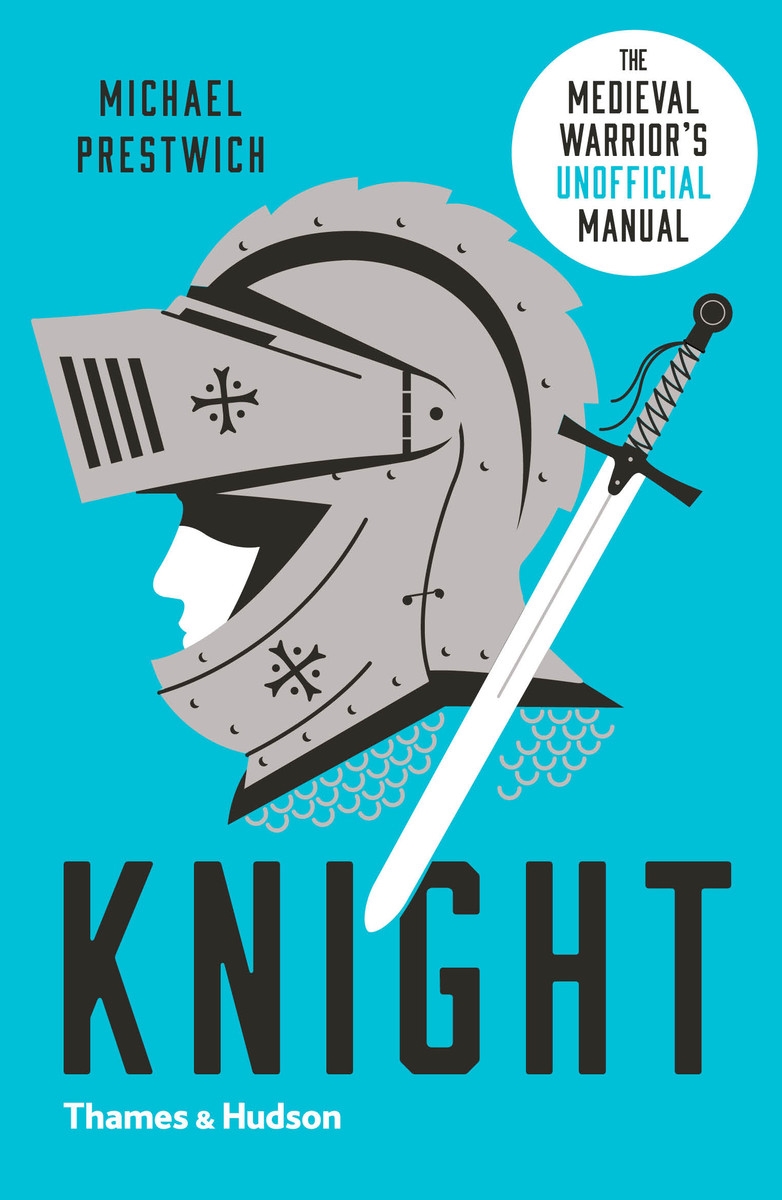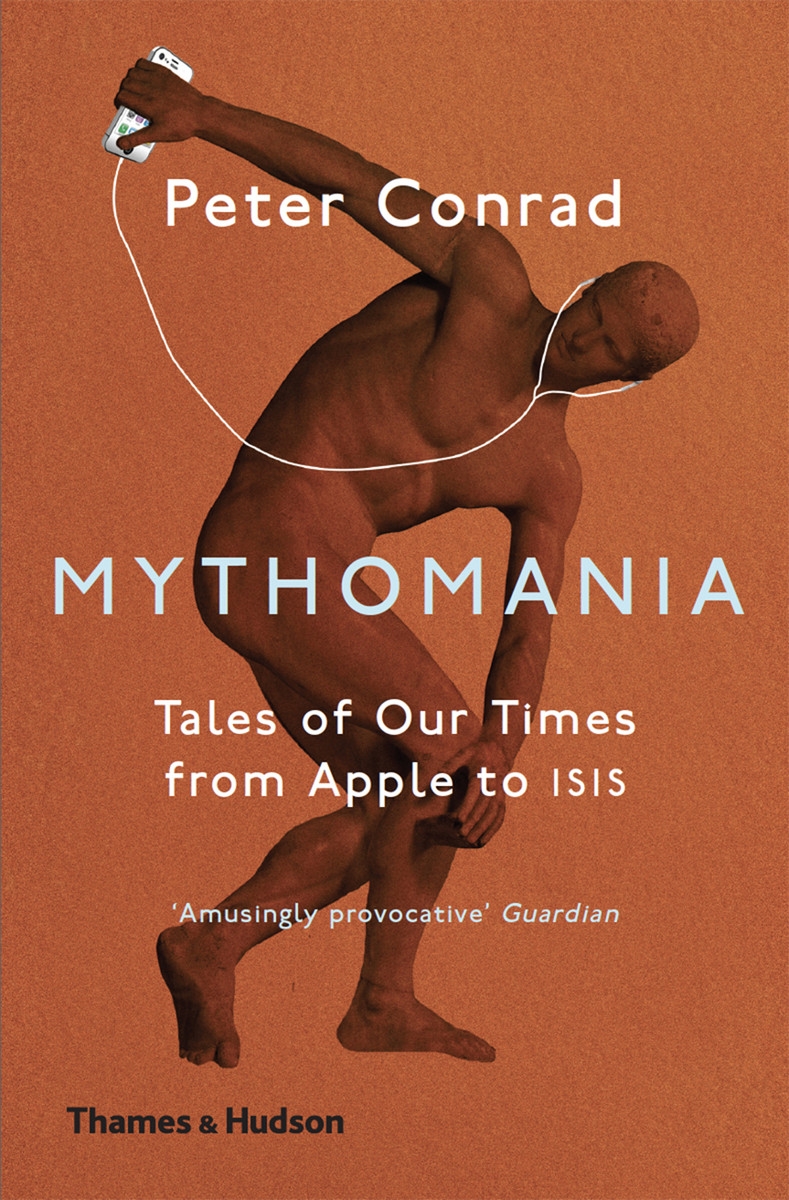Description
An expert palaeoarchaeologist reveals how our understanding of the evolution of our species has been transformed by momentous discoveries and technological advancements.
Who are we? How do scientists define Homo sapiens, and how does our species differ from the extinct hominins that came before us? This illuminating book explores how the latest scientific advances, especially in genetics, are revolutionizing our understanding of human evolution. Paul Pettitt reveals the extraordinary story of how our ancestors adapted to unforgiving and relentlessly changing climates, leading to remarkable innovations in art, technology and society that we are only now beginning to comprehend.
Drawing on twenty-five years of experience in the field, Paul Pettitt immerses readers in the caves and rockshelters that provide evidence of our African origins, dispersals to the far reaches of Eurasia, Australasia and ultimately the Americas. Popular accounts of the evolution of Homo sapiens emphasize biomolecular research, notably genetics, but this book also draws from the wealth of information from specific excavations and artefacts, including the author’s own investigations into the origins of art and how it evolved over its first 25,000 years. He focuses in particular on behaviour, using archaeological evidence to bring an intimate perspective on lives as they were lived in the almost unimaginably distant past.



